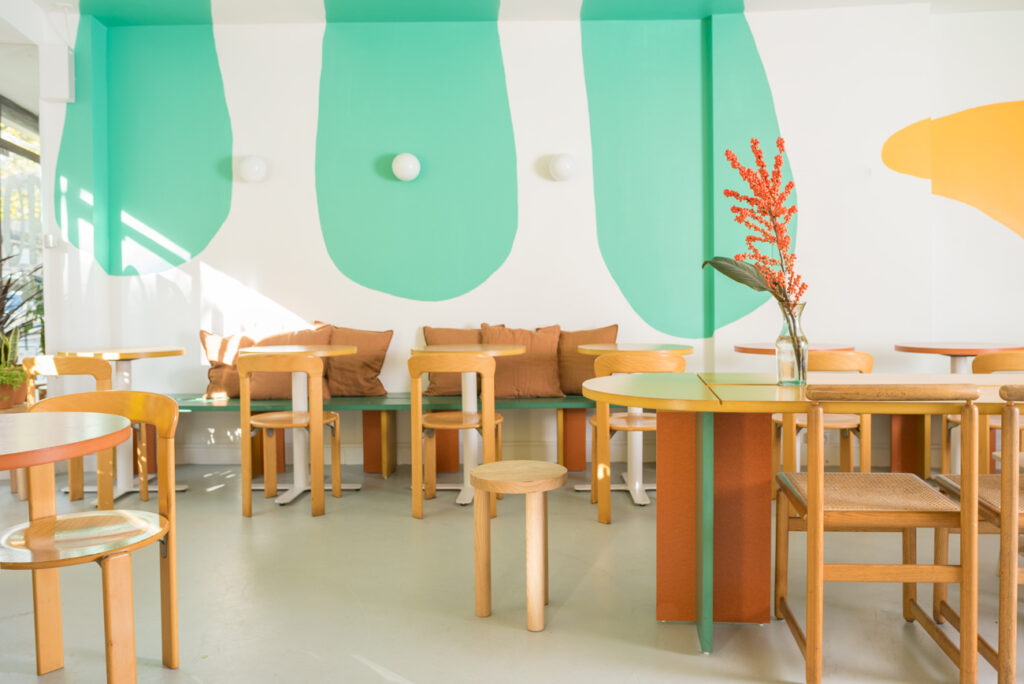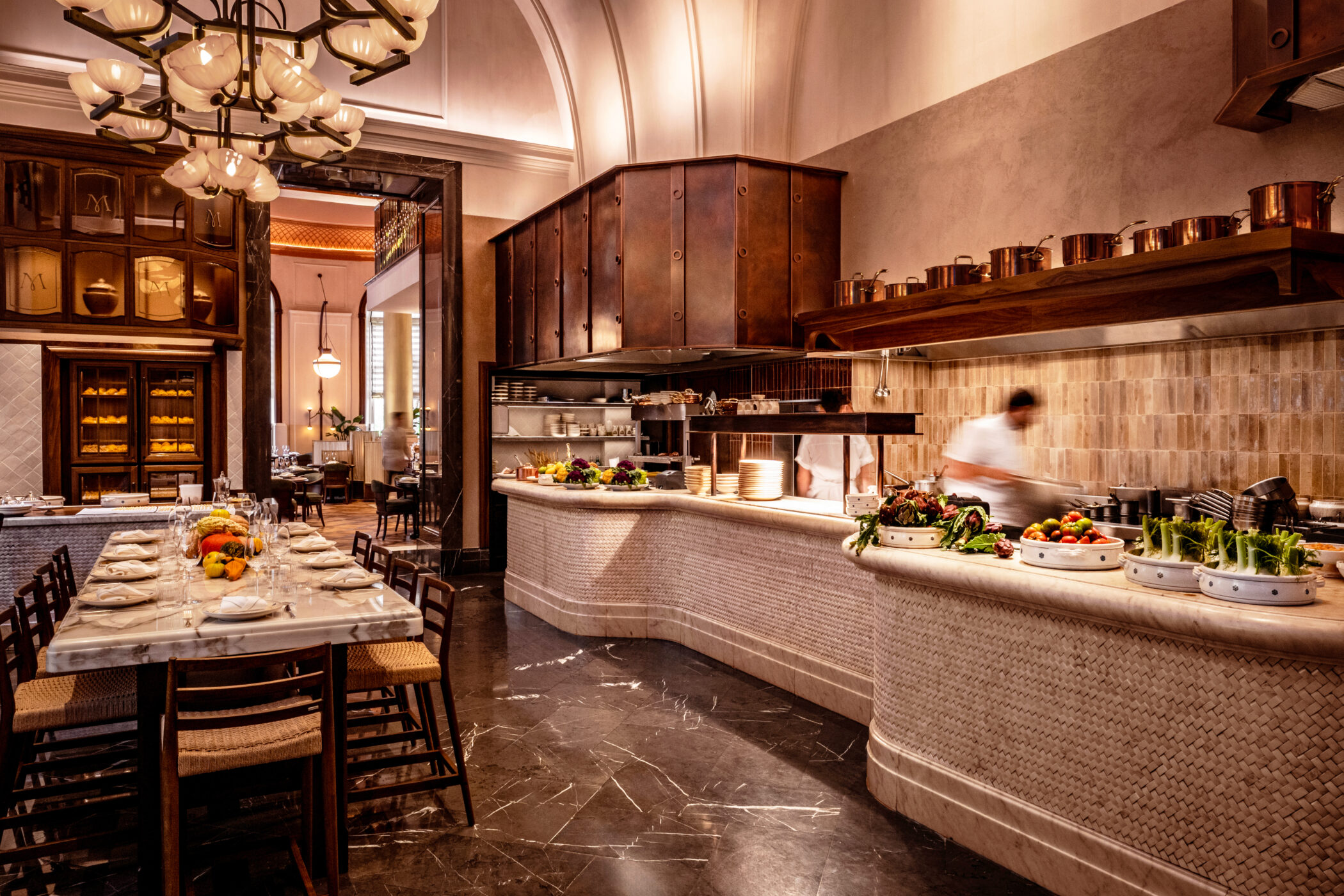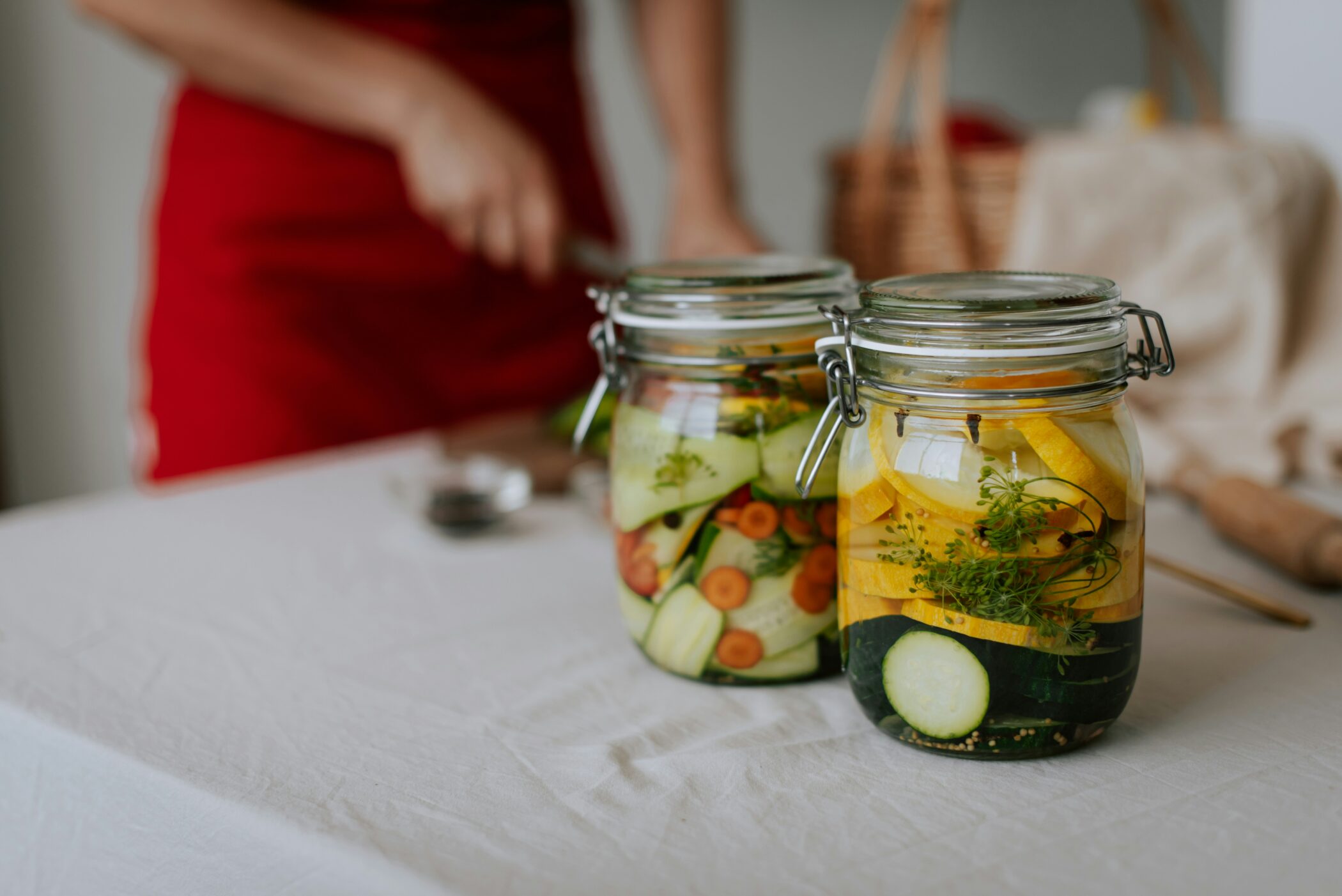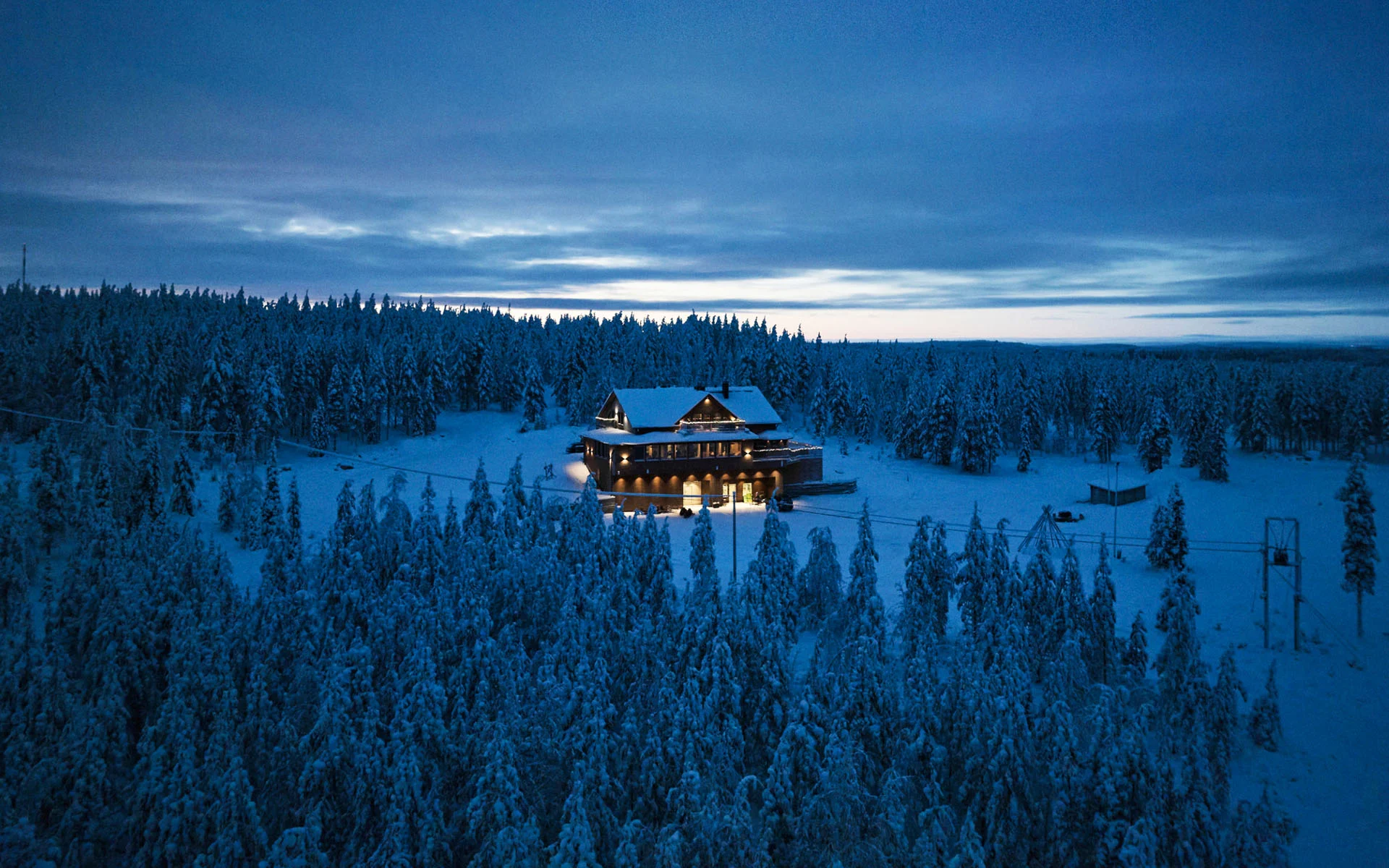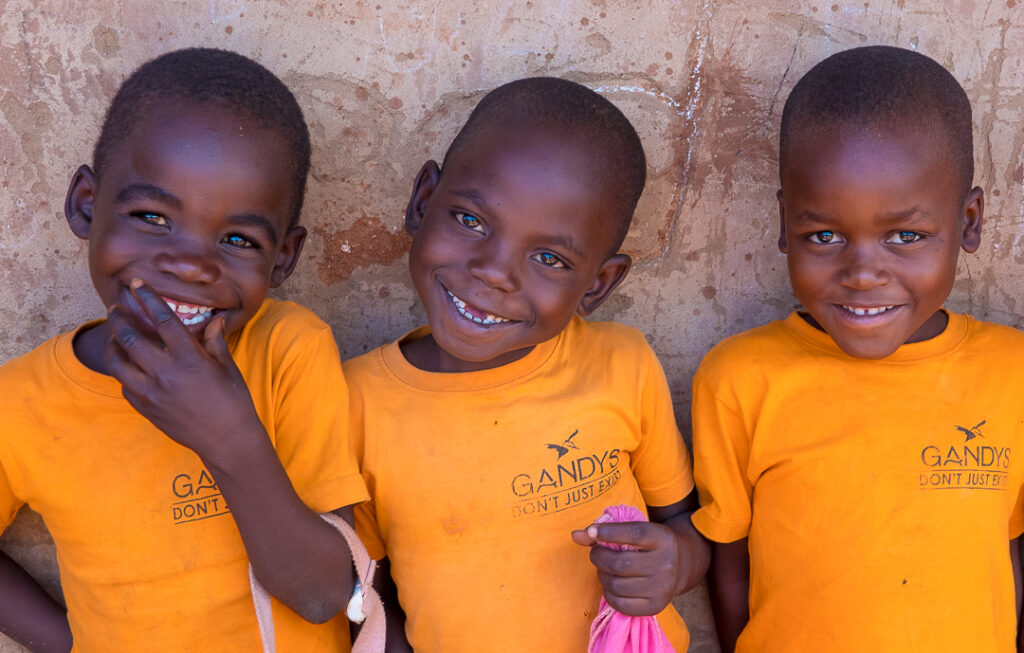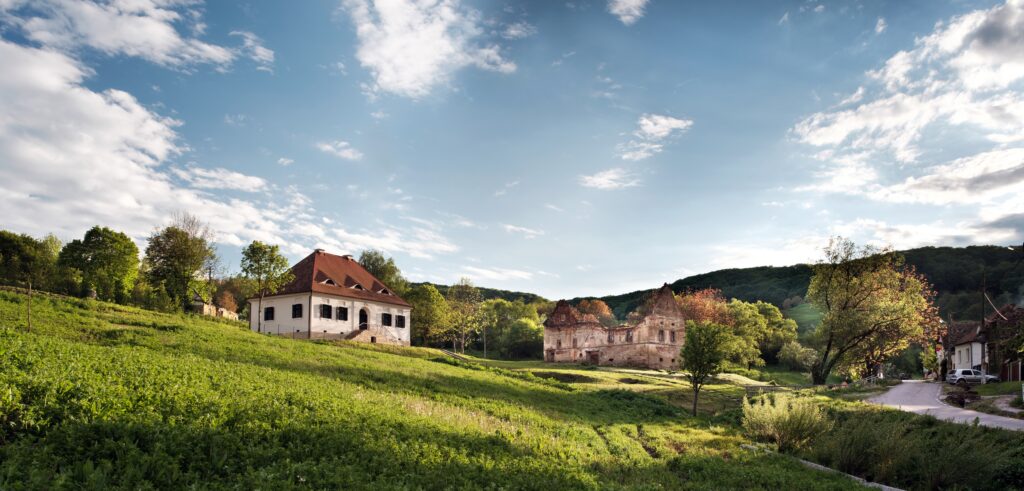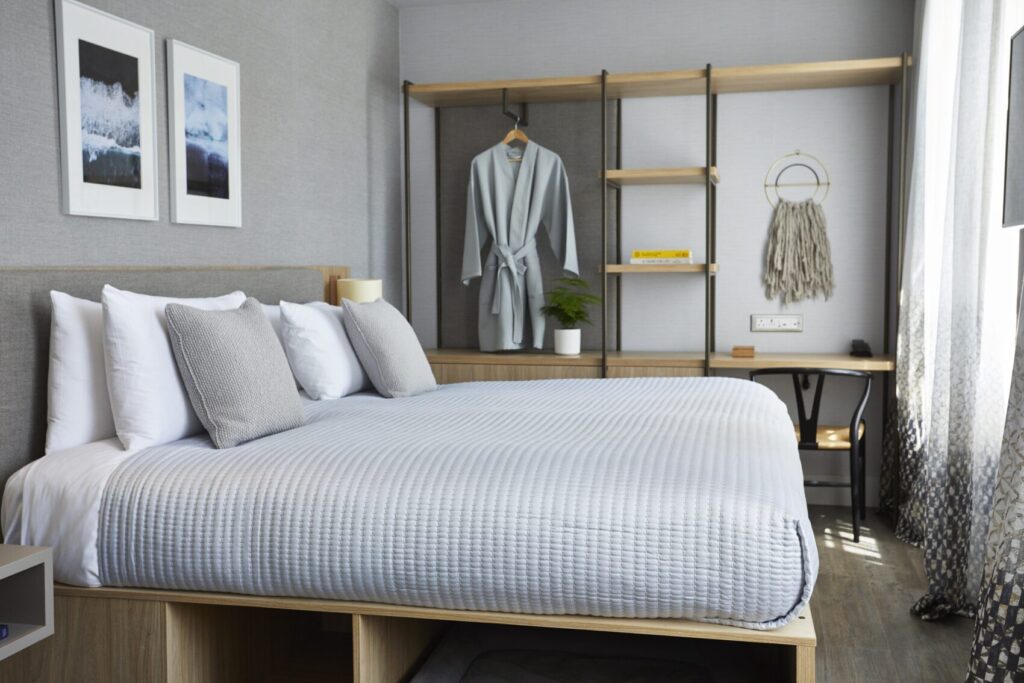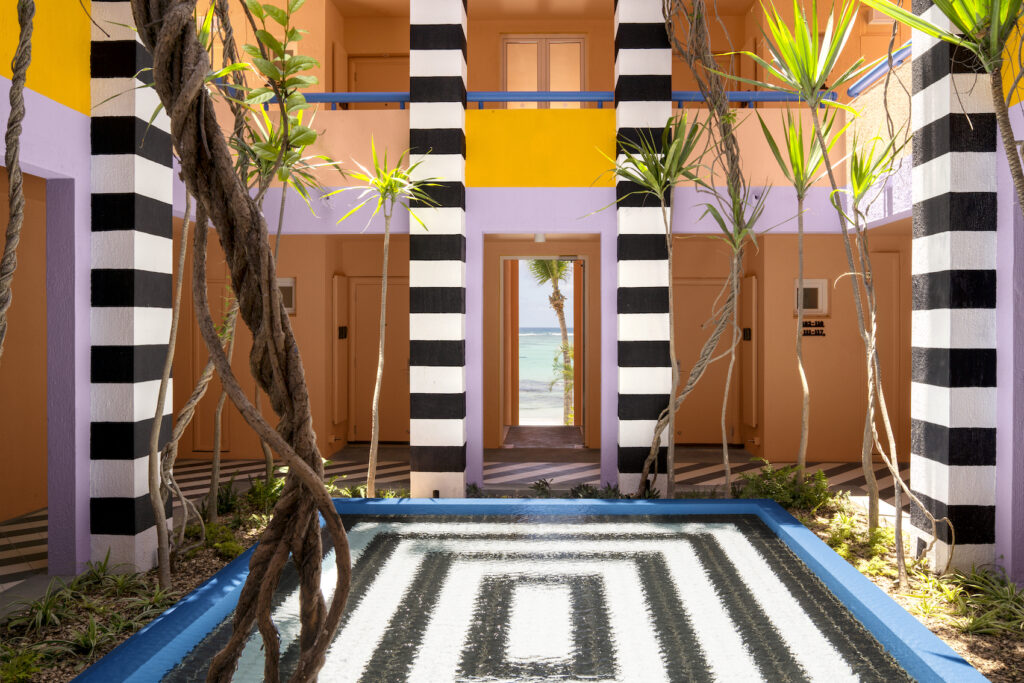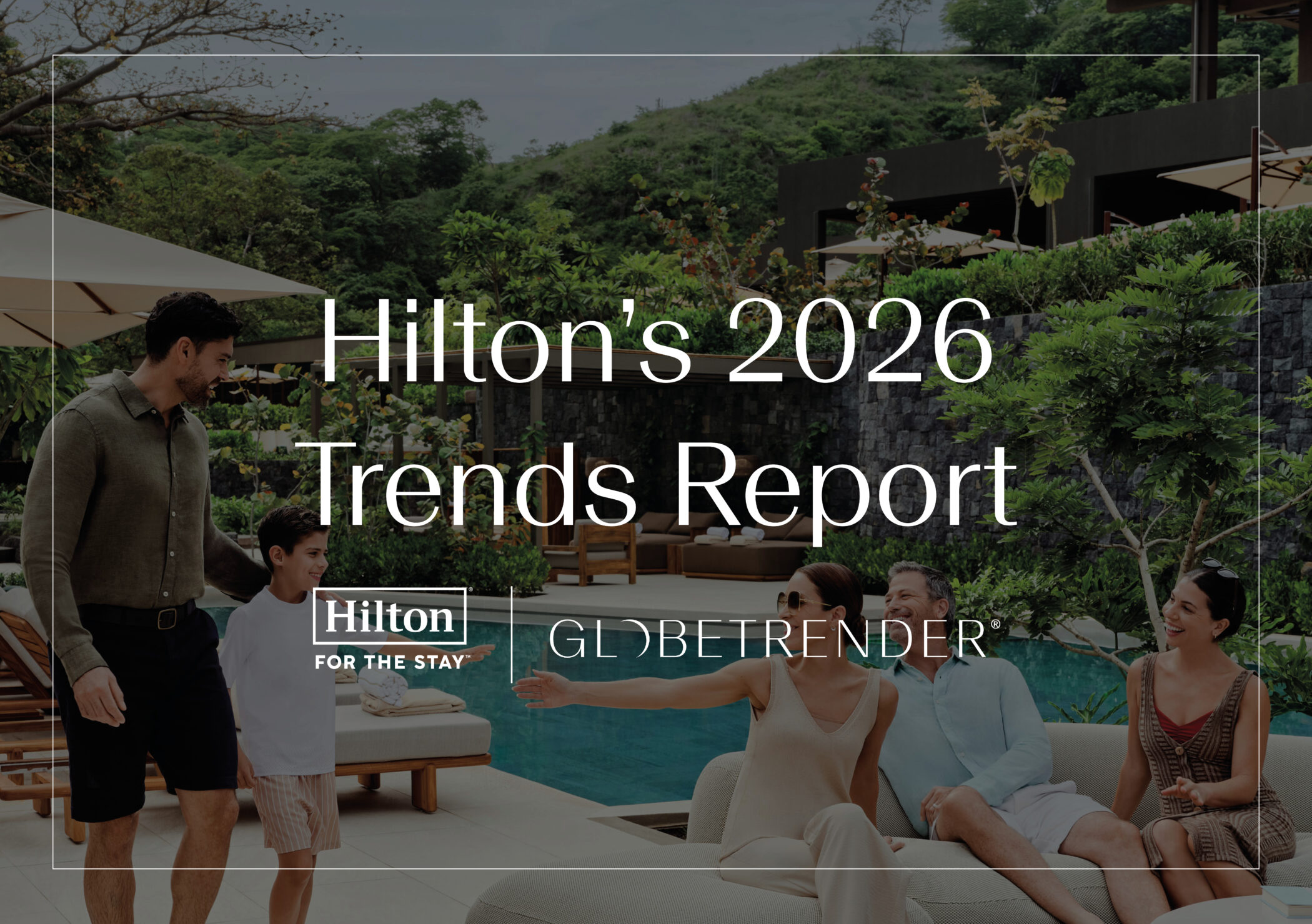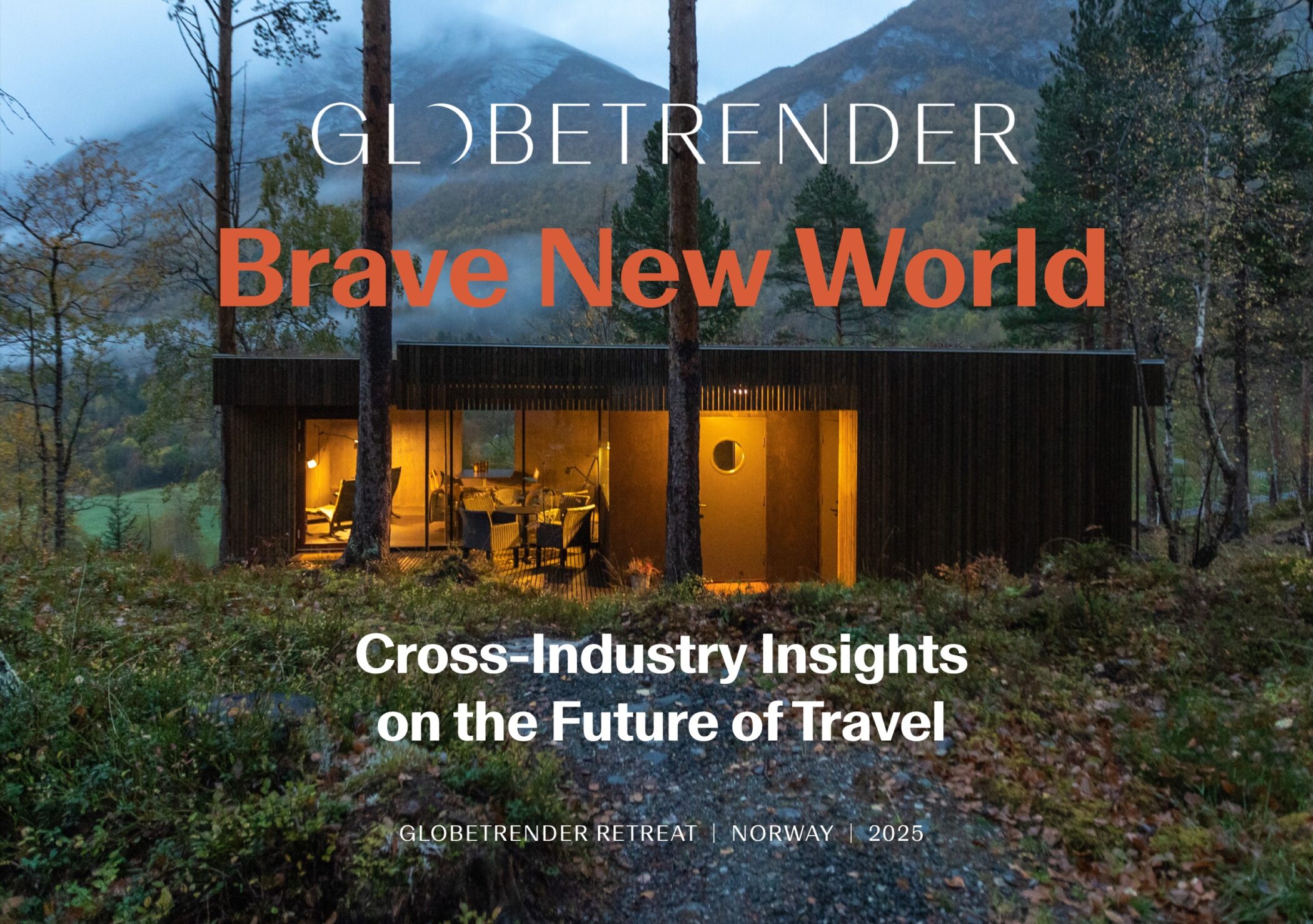Parisian pop-up restaurant Voltaire is staffed by refugees
French social enterprise Les Cuistots Migrateurs showcases global culinary talent with a difference from its pop-up restaurant Voltaire in Paris. Olivia Palamountain reports
A team of six talented cooks from five different destinations – Syria, Ethiopia, Iran, Chechnya and Nepal – prepare food from their respective homelands at Voltaire restaurant. But this is not your average kitchen and these are not your average chefs. The difference? They're all refugees.
A project from Les Cuistots Migrateurs and Fondation Emerige, Voltaire aims to reframe perceptions of refugees through food, while giving displaced people hope for their futures.
The foundation believes that successful integration comes first and foremost through work. Giving refugees access to employment encourages engagement with locals and immersion in the language, as well as access to decent housing.
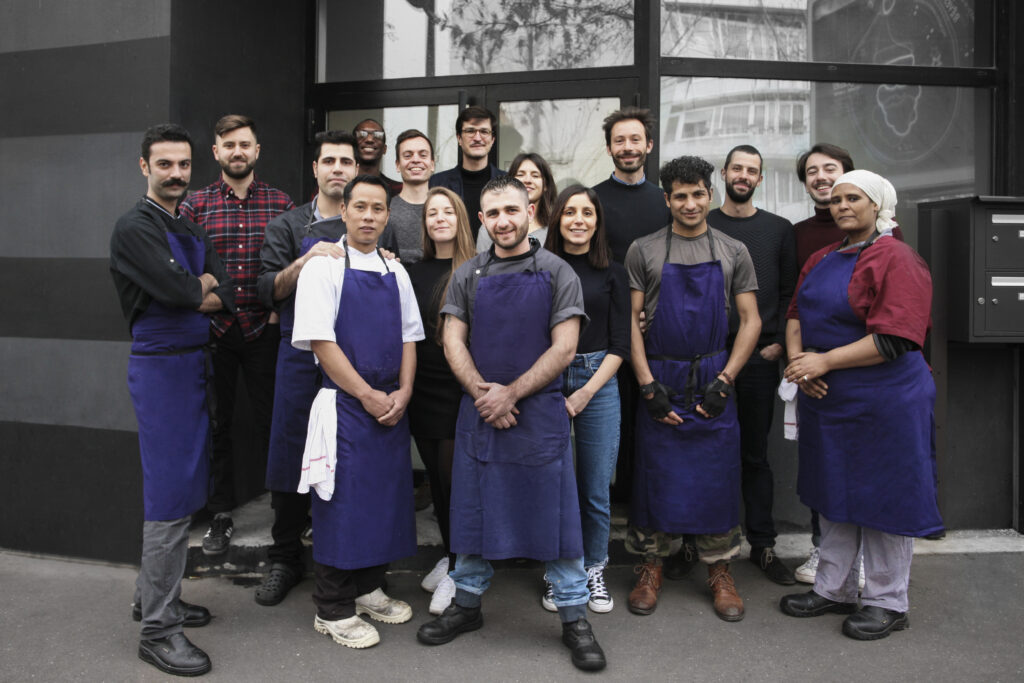 Cooks make up 80 per cent of the workforce, all hired on permanent contracts or on fixed-term contracts so they can restore their confidence and dignity and start to rebuild.
Cooks make up 80 per cent of the workforce, all hired on permanent contracts or on fixed-term contracts so they can restore their confidence and dignity and start to rebuild.
It’s also a win for the locals, with Les Cuistots Migrateurs showcasing new cuisines and authentic flavours in a city where decent ethnic eats are harder to find.
Guests can either dine in or pick up ready-made goodies and deli items – think hummus, momos and stuffed peppers.
Local multidisciplinary creative studio Juno collaborated with Martin Dymensztein and design-thinking consultant Eugena Ossi to develop Volataire.
According to Frame, when briefed by Les Cuistots Migrateurs to develop the 100 sqm space, the designers were asked to consider how an architectural design could convey both the "cultural melange" of their team of chefs in addition to a "contemporary and stylish atmosphere".
Inspired by how modernism tried to adapt to different cultural environments and cultures, Juno used bright splashes of colour across the walls to serve as abstract interpretations of the intercultural alphabets and languages represented by the chefs, teamed with vibrant custom-made furnishings and fixtures including Bruno Rey’s 1971 Rey chairs.
Globetrender hopes that more enterprises like this will help change attitudes towards people who have been forced to flee their own countries.




